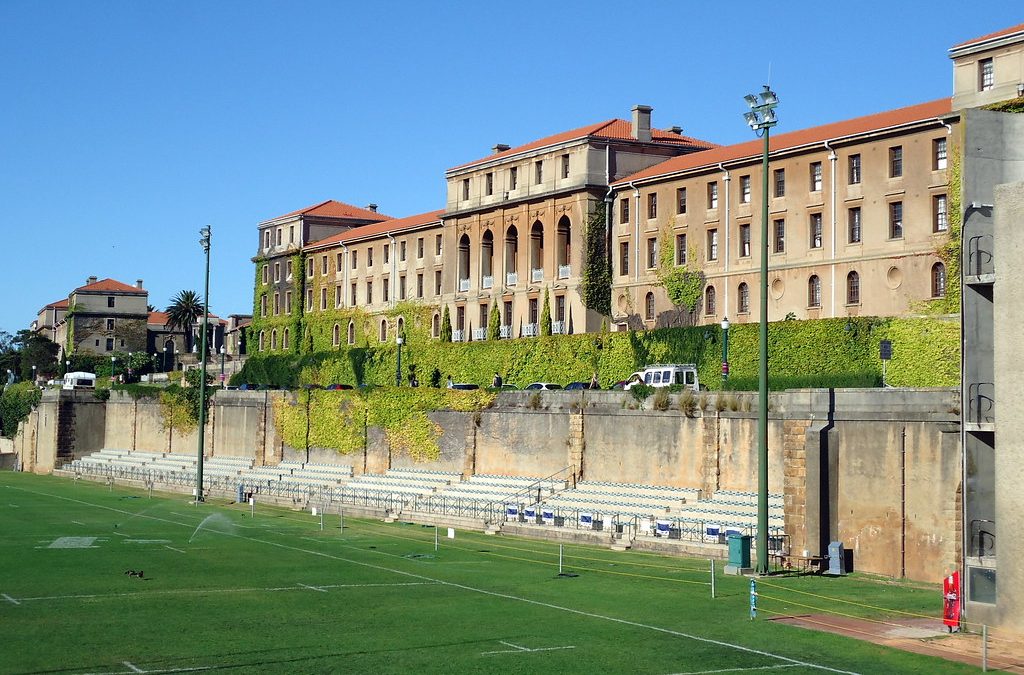The South African Zionist Federation (SAZF) welcomes legal action taken by academics at the University of Cape Town (UCT) seeking a High Court review of the UCT Council’s irrational set of anti-Israel resolutions passed in June this year. The SAZF notes the resolutions will severely impact UCT’s ability to fundraise, limit academic freedom and exacerbate the hostile environment for Jewish students at UCT.
The resolutions curtail UCT academics’ ability to engage with their international counterparts in research groups and networks to which Israeli academics also belong. This applies across all academic faculties and contradicts UCT’s stated aspirations to take “advantage of expanding global networks” in becoming “a premier academic meeting point between South Africa, the rest of Africa and the world”.
In documents filed this week, Adam Mendelsohn, professor of historical studies at UCT, details how the two resolutions are an assault on academic freedom, while being both vague and irrational in law. He calls for a review of the Council’s procedurally unfair decision to pass the two resolutions, and points out that the Council didn’t have the power to pass such sweeping motions, in the first place.
The first Council resolution, while purportedly dealing with “the destruction of scholarship and education in Gaza,” proposes a far narrower definition of antisemitism. The legal papers point out that accepting this resolution places UCT in breach of a zero tolerance for antisemitism clause in a substantial donation contract, and at risk of losing the donation.
The second resolution calls for an academic boycott of collaboration with academics if they are in any way affiliated with the “broader Israeli military establishment,” without clearly defining what this means in practice. This is, in effect, a call for a full academic boycott, as all Jewish Israelis must serve in the IDF in defence of their country, the very existence of which is constantly under threat.
World University Rankings take into account international collaborations and reducing partnerships could potentially jeopardise UCT’s International rankings.
Supporting the action is the former Chair of UCT Fund, Trevor Norwitz, a New York nonprofit that fundraises for UCT, having raised over $60m (+-R1bn) in the past. He states: “It is my firm belief that the UCT Council resolution in question will damage UCT’s ability to raise funds in the United States.”
“At a minimum, this will result in a loss of support among alumni, especially Jewish alumni, of whom there are many, and many quite successful ones, in the U.S.” He notes that as former Chair, many Jewish alumni told him UCT had become unacceptably anti-Israel and antisemitic and was thus not worthy of their support.
Norwitz, who resigned in December in protest at the Council’s anti-Israeli stance, also notes that UCT’s effective imposition of a boycott on Israeli academic institutions may also fall afoul of laws adopted in many states in the U.S. that have passed legislation making it illegal for state agencies to work with companies that boycott Israel.
Also raised in the legal papers is the question of how far the UCT Council will go in stopping research in places that can be seen as non-democratic, now that a precedent limiting research relationships has been set.
Professor of Economics Nicoli Natrass asks in her affidavit if research, for example, on climate change or children in states that are not democratic, such as Ethiopia or Rwanda, could be prevented by “Council fiat?”
SAZF Spokesperson Rolene Marks says: “If UCT is willing to base decisions on political expediency rather than educational priorities, it is bowing to the pressures of the day and shutting itself down as a free academic institution. This must not be allowed to happen.”


